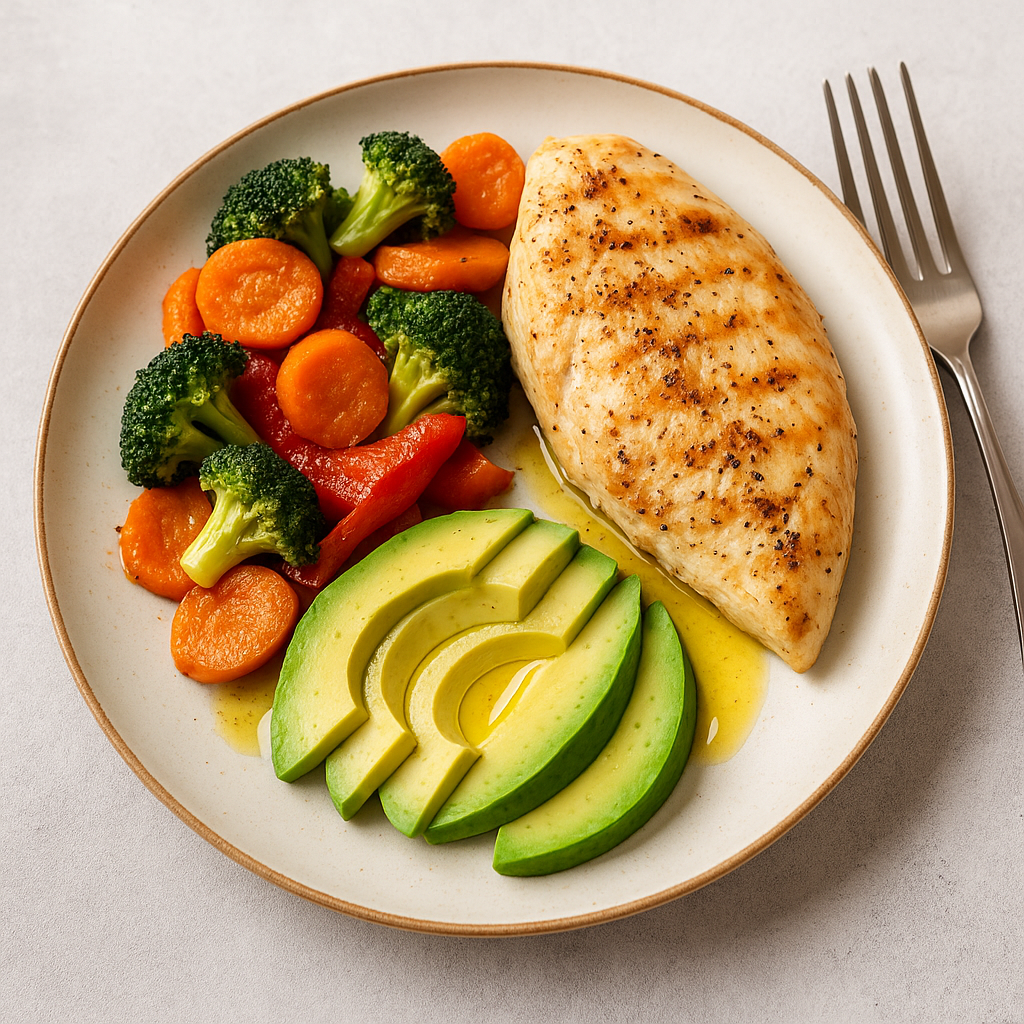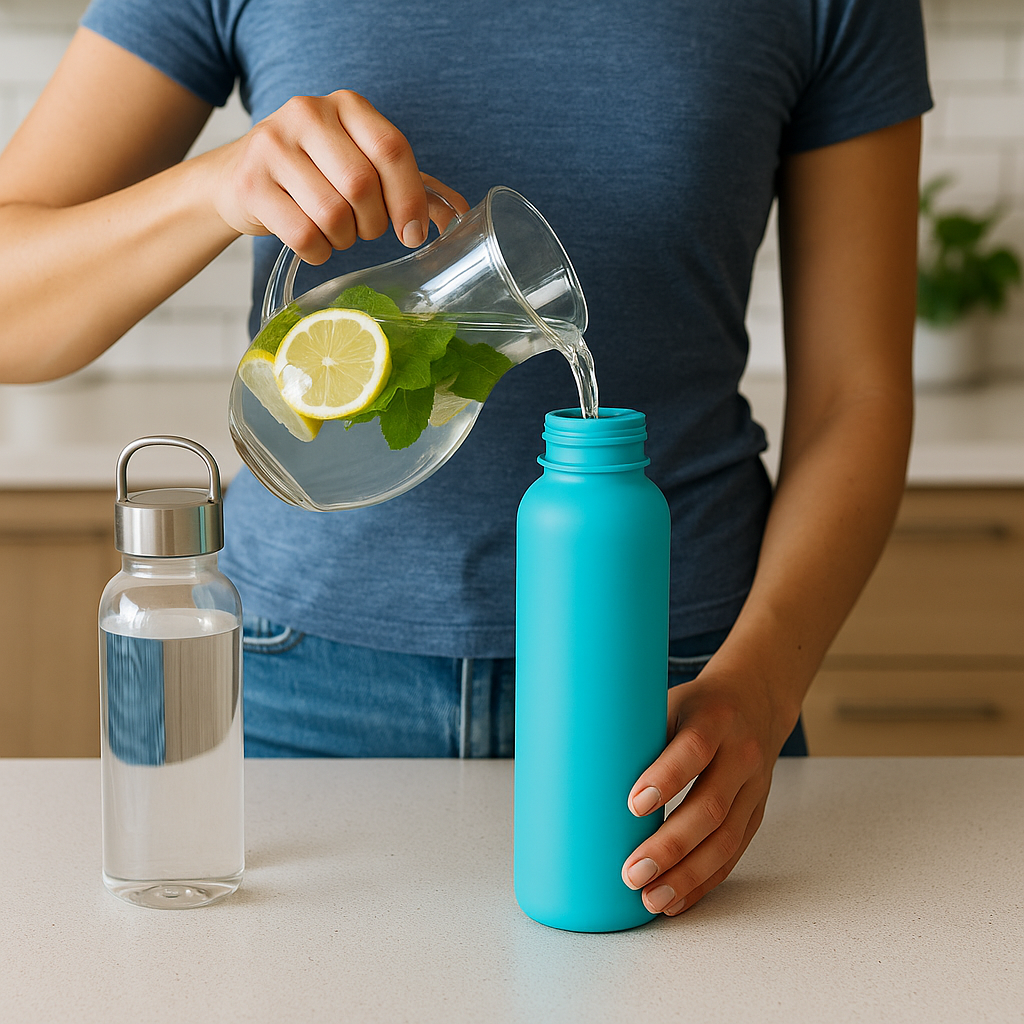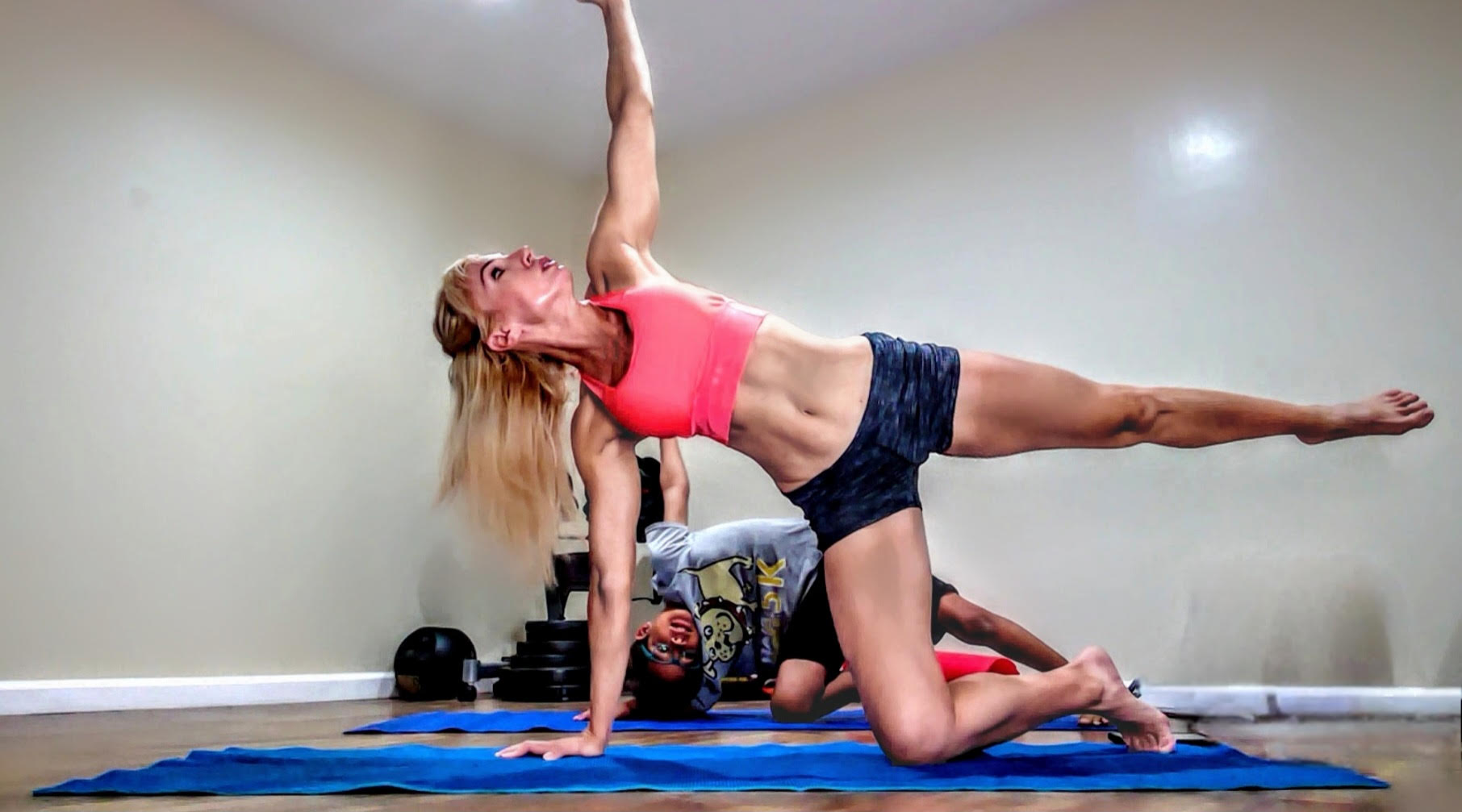
You’ve cleaned up your meals. You’re lifting weights, walking regularly, prioritizing sleep, and taking your rest days like a pro… and yet? You’re still. So. Tired.
If you’re a woman navigating perimenopause or menopause, you’re not imagining it—and you’re definitely not alone. As a coach with 16+ years of experience working with women in this exact phase of life, I’m here to tell you: recovery in midlife isn’t broken… but it is different.
What worked in your 30s? It might not cut it anymore. So, let’s break down what’s really going on beneath the fatigue—and, more importantly, what you can actually do to bounce back stronger and fix why you’re tired.
1. Your Hormones Are on a Rollercoaster (and You’re Not Controlling the Ride)
During perimenopause and menopause, estrogen and progesterone decline. As a result, this hormonal shift affects everything from muscle repair to sleep quality and even how your body handles stress.
These changes can:
-
Delay muscle recovery
-
Increase inflammation
-
Disrupt your circadian rhythm
-
Tank your energy—even after a “rest day”
In other words, what used to be enough time to recover might now leave you feeling just as exhausted. So this doesn’t mean you’re doing anything wrong—it simply means your body needs a new approach.
2. You’re Resting, But Not Actually Recovering
Here’s the thing: resting is passive, but recovery is intentional.
You might be skipping the gym. However, if you’re:
-
Sleeping poorly
-
Not eating enough protein
-
Dehydrated
-
Living in a constant low-grade stress state…
…then your body doesn’t have the raw materials or internal environment it needs to repair and recharge. Therefore, real recovery becomes much harder.
3. Stress Is Sneakier Than You Think
It’s not just the big, obvious stress that keeps you stuck. In fact, it’s often the quiet, simmering kind:
-
A packed calendar
-
Caregiving
-
Work deadlines
-
Constant notifications
-
Poor sleep
Altogether, this “background noise” keeps cortisol elevated. And when cortisol stays up, recovery slows down. Energy crashes. Fatigue drags on. Muscles stay sore. Sleep feels shallow.
Sound familiar? You’re not imagining it.
4. Nutrition Gaps Are Stealing Your Strength
Many midlife women are unintentionally under-fueled—especially when it comes to protein.
But your body needs more building blocks to repair and recover. So, if you’re running on fumes, you simply can’t bounce back.
Make sure you’re getting:
-
25–30g of protein per meal
-
Healthy fats (for hormone support)
-
Complex carbs (for energy and mood stability)
-
Magnesium, potassium, and electrolytes to support hydration and muscle relaxation
Therefore, even small adjustments here can make a big difference.
So… What Do You Actually Do About It?
Here’s your midlife recovery toolkit:
Prioritize Deep Sleep
-
Keep your bedroom cool and dark
-
Power down screens an hour before bed
-
Try magnesium glycinate or a calming herbal tea
-
Stay consistent with your sleep/wake times
These habits may seem small, but they add up to fix why you’re tired.

Eat to Rebuild
- Prioritize protein (aim for 100–130g/day)
- Don’t fear carbs—sweet potatoes, quinoa, berries, and beans help you recover and feel energized
- Use fat sources like avocado, nuts, and olive oil to support hormones

Hydrate Like It’s Your Job
- Start your day with a tall glass of water
- Add electrolytes on workout days
- Herbal teas and infused waters count—make it enjoyable!

Active Recovery > Couch Recovery
- Also, walking, stretching, yoga, or mobility work helps improve blood flow and reduce soreness.
- Moreover, movement helps regulate cortisol better than inactivity.

Down-Regulate Your Nervous System
-
Practice deep breathing (box breathing is a great tool)
-
Journal, meditate, or simply sit quietly for 5 minutes
-
Think of recovery as a mindset, not just a schedule
When your nervous system feels safe, your body can finally restore itself.
Closing Thoughts: You’re Not Broken—You’re Rebalancing
If you’re still tired after rest days, it’s not because you’re weak—it’s because your body is wise. It’s asking for more than just a day off.
Instead of pushing harder, it’s time to recover smarter. So, that means better nourishment, deeper rest, nervous system support, and hormone-aware training.
You’ve got this.
Gravity Transformation



